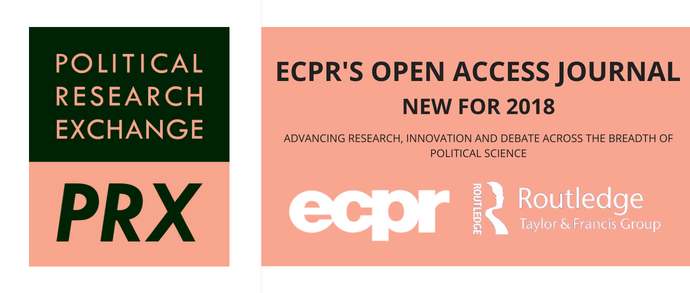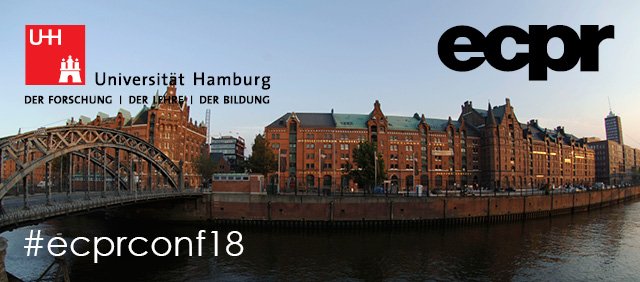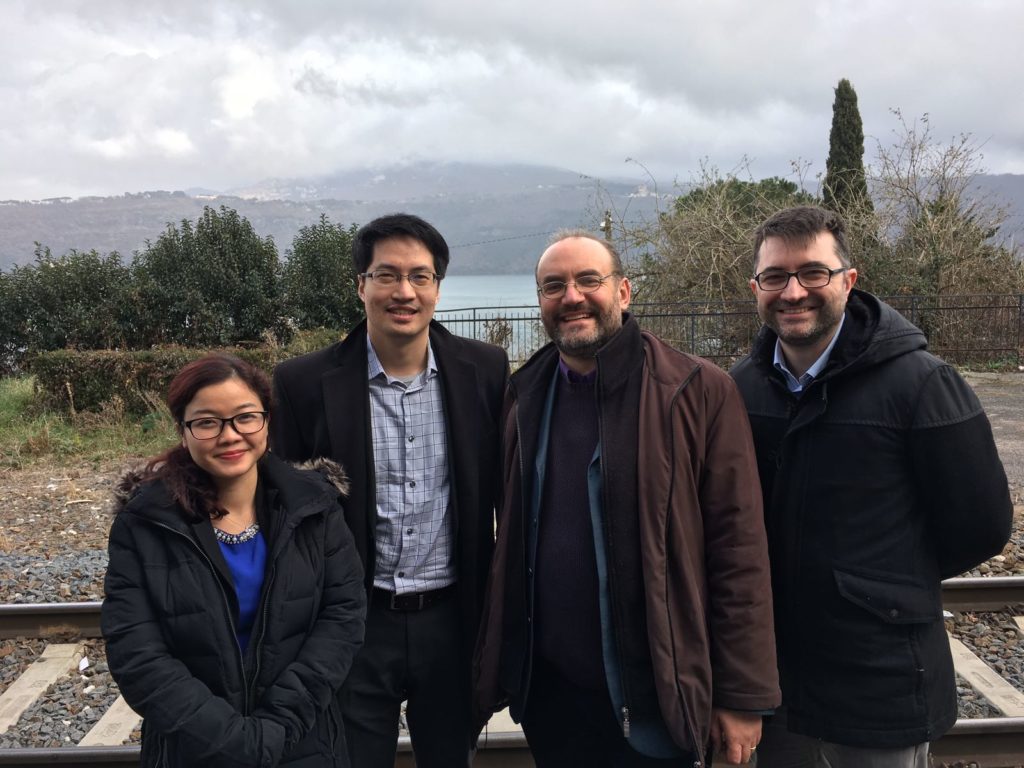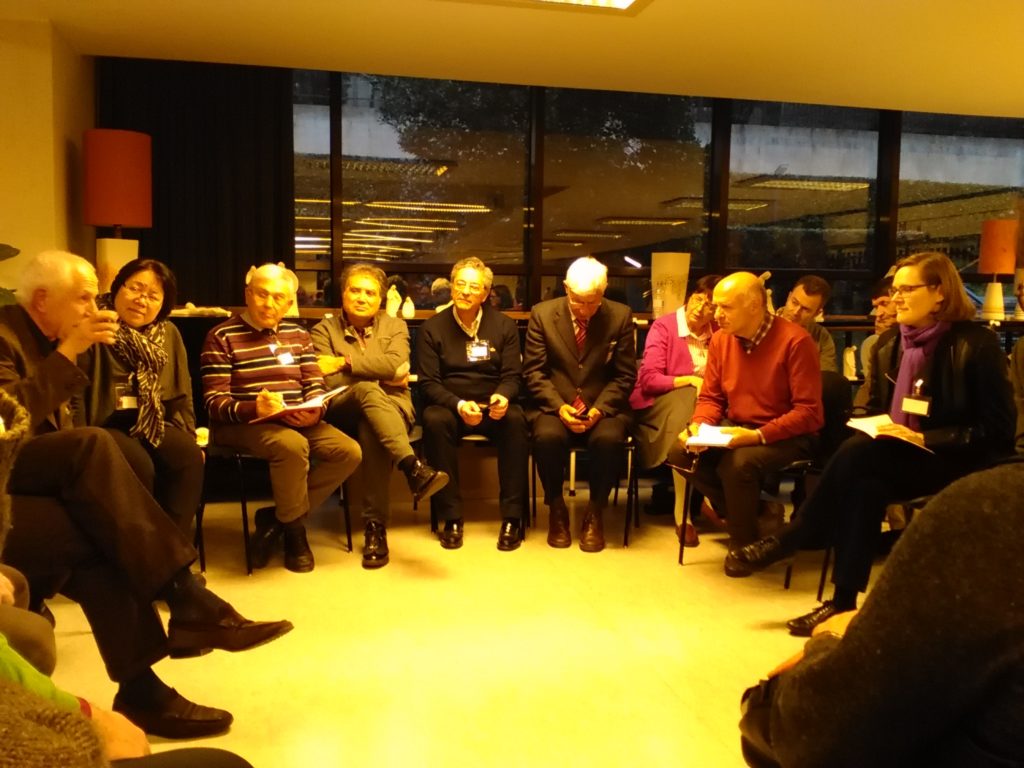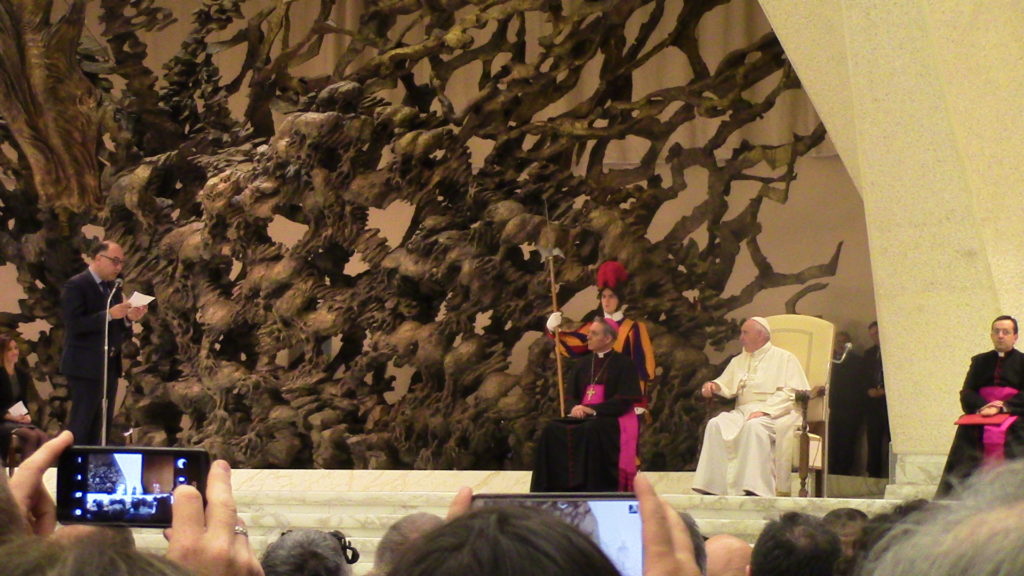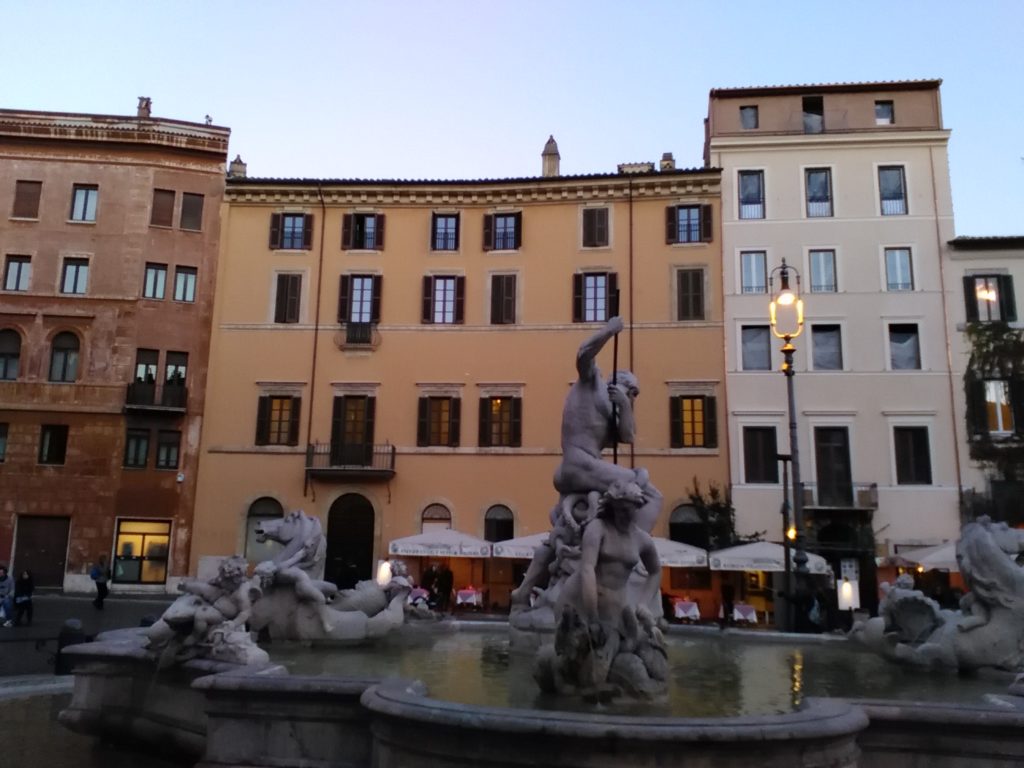 Going Public: An Organizer’s Guide to Citizen Action by Michael Gecan
Going Public: An Organizer’s Guide to Citizen Action by Michael Gecan
My rating: 5 of 5 stars
‘Going Public’ di Michael Gecan è uno dei testi fondamentali (insieme a quelli di Alinsky e a ‘Roots for Radicals’ di Ed Chambers) per comprendere la pratica del community organizing nella versione proposta dalla Industrial Areas Foundation (IAF) e dai suoi affiliati. Gecan, statunitense di origine croata, è una figura centrale nel community organizing contemporaneo, avendo guidato per lungo tempo le attività di community organizing nel quartiere di Brooklyn a New York e la stessa Metro-IAF.
Nel libro, in cui si alternano le storie e gli aneddoti e gli spunti teorici relativi all’attività di organizer, sono chiariti bene alcuni punti che nelle opere di Alinsky rimanevano scarsamente definiti.
In primo luogo, in particolare nei primi due capitoli del libro, si definisce la natura relazionale del lavoro degli organizer IAF di oggi, che si discosta parzialmente dal lavoro di Alinsky, focalizzato maggiormente sulle dinamiche di potere e sul self-interest degli attori. Lo strumento dell’incontro relazionale, con la condivisione delle proprie storie, emerge quindi come la principale metodologia per costruire organizzazioni di quartiere durevoli, basati su relazioni umane profonde.
Questo non significa che l’aspetto del potere sia trascurato: al contrario, nelle successive parti del libro (dedicate ad azione, organizzazione e riflessione) l’analisi del potere emerge come un altro elemento fondamentale per un’efficace azione di organizing. Gecan chiarisce come l’obiettivo per un community organizer non sia avere familiarità con le figure di potere, ma bensì mantenere un’efficace relazione pubblica caratterizzata da dialogo ma anche da un certo livello di tensione.
Queste dinamiche sono semplicficate magistralmente dal capitolo 7 del libro, ‘Ambiguity, Reciprocity, Victory’, in cui si descrive il complesso rapporto fra gli organizer IAF e il sindaco di New York Rudolph Giuliani: un rapporto decennale caratterizzato da fasi di collaborazione alternate ad altre di freddezza se non di aperta ostilità.
Un altro aspetto del community organizing che veniva lasciato in ombra da Alinsky e che è illuminato da questo libro è il rapporto fra l’azione locale e quella nazionale. Gecan è consapevole del paradosso rappresentato dalle organizzazioni della IAF, con un forte radicamento territoriale ma spesso con uno scarso impatto sulla politica nazionale statunitense. Questo non lo porta a rinnegare il modello. Al contrario, rivendica i successi ottenuti dal suo movimento (in particolare le prime leggi sul salario minimo; la bonifica di quartieri periferici urbani degratati; e la costruzione di migliaia di case popolari a basso costo) sulla base di sperimentazioni locali costruite lentamente dal basso che poi, via via, si estendono ad altre realtà fino a diventare issues di rilevanza nazionale.
Questo, naturalmente, risolve solo in parte il paradosso, in quanto lo stesso Gecan si rende conto che sarebbe necessario un numero molto più ampio di organizers in molte più città per avere un impatto nazionale significativo. L’idea è tuttavia quella che non sia possibile forzare i tempi, o il passaggio dal livello locale a quello nazionale, senza perdere il patrimonio di relazioni e di competenze costruito lentamente e faticosamente nelle organizzazioni locali di vicinato. Quella che emerge, quindi, pare essere una sorta di costruttiva rassegnazione a rimanere una minoranza pur di non sacrificare la propria autenticità.
Un altro aspetto del community organizing descritto da Gecan che un lettore europeo potrebbe trovare ostico è il fatto che le reti della IAF si realizzano quasi esclusivamente a partire dalle congregazioni religiose e dai loro aderenti. Una scelta, questa, non condivisa da altre organizzazioni americane di organizers, come la oggi defunta ACORN; e che pone anche la questione di quanto il modello IAF sia replicabile fedelmente in contesti europei caratterizzati da una società civile più secolarizzata e da un quasi-monopolio religioso cattolico al posto del pluralismo americano.
Nel complesso, quindi, una lettura stimolante, da cui chiunque voglia approfondire la teoria e la pratica del community organizing ricaverà molte risposte, ma anche altrettante domande; e pone sfide interessanti per chi intenda utilizzare questa pratica al di qua dell’Atlantico.



